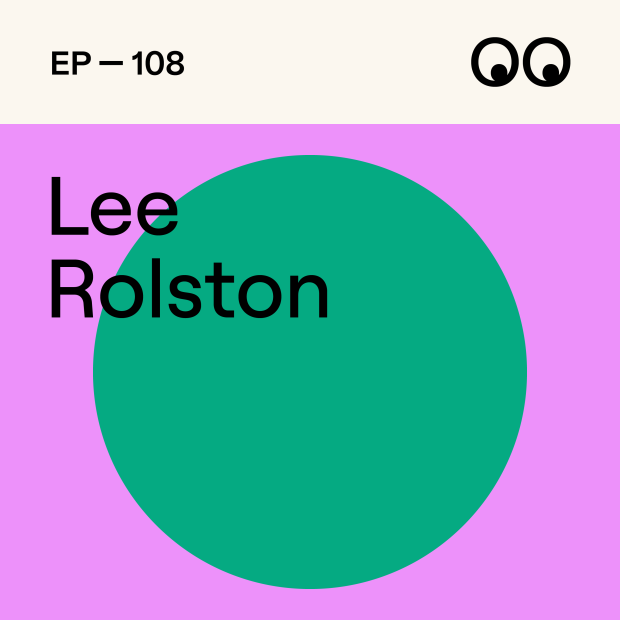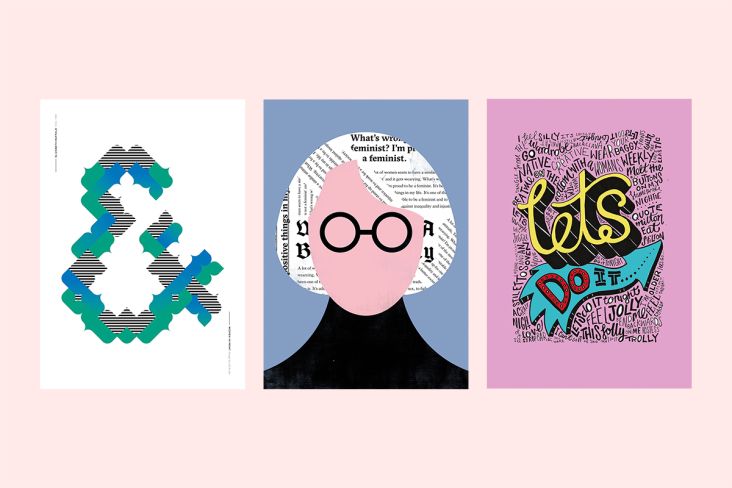Escape the Rat Race: How to stay small and create a super flexible freelancing life
When we work for ourselves, it’s assumed we’ll grow, take on staff and get a bigger office, continually pushing forward to build our creative agency.

Image licensed via Adobe Stock
That we'll develop our company, so we're able to sell it one day and retire comfortably on the proceeds.
While this is an excellent choice for many, it doesn’t suit everyone. Growing a business takes a lot of drive, commitment and sacrifice. It can be gratifying, and some thrive off the challenge (and that's completely fine), but others may find it overwhelming and draining.
If you're feeling the pressure to upscale but don't fancy the slog (or if you've built an agency but have had quite enough), I'm here to tell you that there's absolutely nothing wrong with staying small and solo. Sticking to your 'freelance' status could make you happier and healthier while enjoying more independence and freedom.
How is this possible? The following advice will help you ease off the accelerator, escape the rat race (even just a little) and enjoy a more flexible freelance life. But first, let's take a closer look at why you don't have to worry about growing:
Reasons why big isn't better
Big doesn't equal success
Don't allow yourself to assume success is based on size. There are certainly a lot of egos in the creative industries who will tell you otherwise. But after nearly a decade of working for myself, I can tell you quite confidently that 'big' doesn't necessarily mean better.
Growing an agency is incredibly challenging: finding the right staff, keeping clients happy and always chasing after the next buck – it's never easy. What's wrong with keeping things simple and staying small? Nothing. Don't allow external pressure to force you into something you don't want.
For me, success is about being able to do what you love for a living. It's about crafting a career that makes you happy and allows you to enjoy a healthy work/life balance. Success means being able to take a Wednesday afternoon off to go cycling. That's "success".
Big doesn't mean an easier life
If you're thinking of growing an agency because you want to escape the rat race, enjoy more spare time and have someone else do all the work, think again! Even when you have ten staff working for you, you'll still need to be heavily involved in the day-to-day running.
It's a myth that staff will make your life easier. Sadly, it's just unlikely that you'll be doing anything creative, and will instead be working on managing people, general administration and all the stuff that keeps your agency alive. That is until you've become big enough to take a step back maybe five or ten years from now.
And if you think you can go on holiday without worrying about your agency? Frustratingly, you'll never be able to escape entirely. Not when staff need your help with an emergency.
Big doesn't always create more money
If you're thinking of growing an agency because you want to make serious money and are prepared to endure what that entails, then be my guest! But note that you could initially be earning less than you did when you freelanced. That's because staff salaries, office costs, computer equipment, software subscriptions, tax, VAT – they all add up and take a series chunk out of your profits.
And if you do hit the jackpot and earn more? Expect to go through pain to get it — more money, more problems, as they say.
Some of the wealthiest people I know (and I'm talking about one family who has an $8 million house in the best suburb of New York City) don't even get enough time to enjoy the cash, because they're working all hours of every day, trying to make more money to fund their crazy lifestyles. It's weird. I see it all the time. The more you make, the more you're tied down. Is that what you want? Reach 40 and wonder where your life has gone?
Big doesn't mean you'll have less stress
Do you think you have it tough as a freelancer? Wait until you have ten salaries to worry about, and dozens of clients to keep happy. Growing an agency relies on constant, you guessed it, growth. Once you take on staff, you have to worry about retaining them by winning more clients. And when you've gained more work, you'll need more people – and so on.
When it's just you, you only have to worry about yourself. The pressure's off because you have to cover your outgoings, and that might mean you can work three days a week.
Big doesn't mean you'll worry less about failure
Just because you run an agency, doesn't mean you'll stop worrying about clients ditching you or the work drying up. You'll have the same worries you had when freelancing, just bigger ones – like when you have to go through the horror of sacking someone or making people redundant if things need to change for the sake of the business.
How to stay small and flourish
Ok, so you get the picture. Big doesn't necessarily mean better. You've realised running an agency isn't for you. So how do you stay small and lean, ensuring you're a success without growing your business? It's simple. You need to get your setup right. The following tips should help:
Become lean and mean
Pull up your bank statements and write down all of your outgoings, so you know exactly how much you need to earn to survive. Is there anything you could cut back? Could you negotiate better deals on your utilities or TV subscriptions? Be ruthless in reducing costs as much as possible, and then sitting down and go through the same process every quarter to stay lean and mean.
Bottom line, the more money you spend, the more you'll have to earn and run on that treadmill. Take the foot off the accelerator and ease off the rat race to enjoy a happier freelancing life.
Resist upscaling
If you've had your eye on that fancy 4X4 for some time, consider how much you'll increase your monthly costs if you buy or rent it. Will the car be worth it? I guarantee you'll take it for granted within a few months, and then feel resentful for how much it costs you.
Happiness is resisting the capitalist trick, and sticking to a more humble purchase; one that instead of reduces your outgoings. For the record, my next car is going to be a second-hand Skoda Citigo – bought outright with my savings. I live in the city, so it's all I need. Screw the Range Rover! How would I park the damn thing anyway? (Hey, I know they come with parking sensors – but that's not the point!)
And if you think getting a more beautiful car will impress the clients, think again! Drive something too sexy, and they'll worry they're paying you too much!
Work from home
Many argue that renting separate office space from home is worthwhile – that it helps you to become more productive, impresses clients, and generally makes you look more professional.
I would challenge this view by asking you this – would you rather pay a chunk out of your profits each month for the privilege of having an office? Or would you prefer to sleep better at night, work less, ditch the commute and enjoy more time to do whatever you want?
Office space can be expensive. I completely understand the reasons why many freelancers leap. Just ask yourself if it's something you need. Clients don't care where you're based, as long as you're reliable. Productivity doesn't solely rely on where you work. And if you want to appear 'professional' – get a virtual office address. Easy.
Go virtual, baby
Speaking of virtual, staying small and solo will mean you have to appear 'professional' to some extent. Having a dedicated work phone, email address, website and various other means of communication help you to stay in touch with clients; while having a virtual office allows you to keep your home address private – and in some cases, gives you access to meeting rooms and other useful facilities.
Give yourself extra flexibility by putting all files and documents in the 'cloud', so you can access your work from your laptop no matter where you're based in the world.
If you don't like the thought of working from home, consider how much you'd spend on an office in your first few months and use that budget to make a fantastic workspace at home. Posh headphones, decent computer kit, beautiful prints for your walls, vintage toys – whatever you need to make your space appealing and creative.
But if working from home isn't an option, hire a desk somewhere or find other freelancers who are willing to pool together and share the cost of a more substantial office.
Get the right tools and resources
Your accounting, invoicing, general admin – the way you store files, the software subscriptions you use, the documents you send to clients – these should be under constant review.
You always want to be improving how you operate so that you can become more efficient, productive and profitable. Here are some of my own recommended tools and resources to help you run a successful freelance business:
1. FreeAgent: It's one of the best online accounting software solutions out there. It lets you nail the daily admin, covering expenses, payroll, time-tracking, estimates, invoices – and even hooks up to your bank accounts to help you manage cash flow and project profitability. It's not free, but it has a superb referral scheme that gives you a 10% discount every time someone signs up as a member. Refer enough people, and you can get FreeAgent for free. From £19 per month.
2. 1Password: Keep all your passwords secure and easily managed with 1Password. Add the extension and app to your devices, and never forget a password ever again. $5 per month or one-time purchase $64.99.
3. Google Drive: Drive starts you with 15 GB of free Google online storage so that you can keep designs, drawings, recordings, photographs and documents all in one place. Even better, it's accessible on the move as well. Completely free.
4. Slack: Slack is a messaging app for teams, so you can collaborate with your freelance buddies and avoid email threads altogether. Completely free.
5. Trello: Trello is the free, flexible and visual way to organise projects and share them with anyone. Ditch email communication and clunky task management software, and opt for this simple tool to keep on top of your projects. Completely free.
Develop a vast pool of agency and freelancer contacts
Make time for networking each week to build up your local contacts. That's agency owners (who might hire you), other freelancers (who might support you or send work your way) and potential clients looking for help.
If you're introvert and tend to avoid meet-ups and events, then consider chatting to people on Twitter instead. It's how I've made some great contacts over the years. I just recently met someone I've been tweeting for six years (goodness knows why it took so long), and he's potentially going to work with me on a project. Bottom line – don't walk the freelancing road alone; make friends and get your name out there.
Spend an hour each day on your marketing
Although marketing can feel intimidating, it's something you should dedicate time to every single day. It's merely a matter of raising your profile to attract and connect with potential clients looking for your services.
Share your portfolio on relevant blogs to get noticed – read my tips on how to get your work featured on 45 of the best art, design and photography blogs. Listen to some helpful podcasts that teach you marketing for free, too. And unleash the power of content marketing with these free tools. Then free up your time but still focus on your digital presence with this complete guide to social media marketing automation.
Do everything you can daily to improve your marketing skills, get your name out there and build more contacts – all with the end goal of having a steady trickle of enquiries.
In conclusion
Growing an agency is the right next step for many freelancers. I've seen plenty of friends achieve their dreams over the last decade, and it's great to see them thrive. I have grown an agency, and it's been hugely rewarding and fun.
But agency life isn't for everyone. Staying small is a great choice for many freelancers who worry about leaping to grow. If you've been wondering about whether it's ok to stay right where you are, then consider the benefits of staying small. Small means you can:
- Enjoy a flexible life. You're not stuck to a rigid routine of 9 'til 5. You can work when it suits you.
- Work less. Once established, you have the potential to earn great money for three days a week.
- Ditch the commute. Because you work from home, you don't have to contend with a stressful or costly commute.
- Have quality control. With just yourself to rely on, you don't have to worry about anyone else messing things up.
- Earn good money. Ok, so your income isn't as reliable as a salary, but your earning potential is much higher.
- Work from anywhere. What's stopping you from taking your laptop overseas to enjoy a working break? You don't always have to work from home.
I'm not saying freelancing is easy. But sometimes it's important to remember why we went freelance in the first place and reassured that it's perfectly fine to stay small. Because it r is possible to escape the rat race and enjoy a flexible freelancing life.
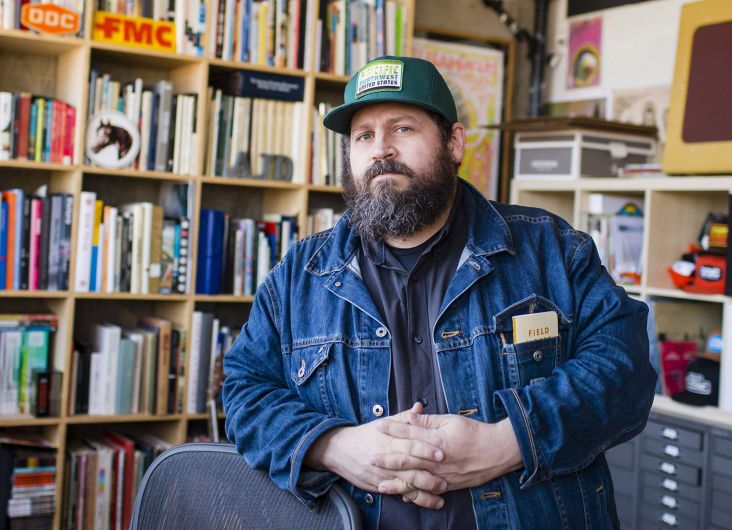


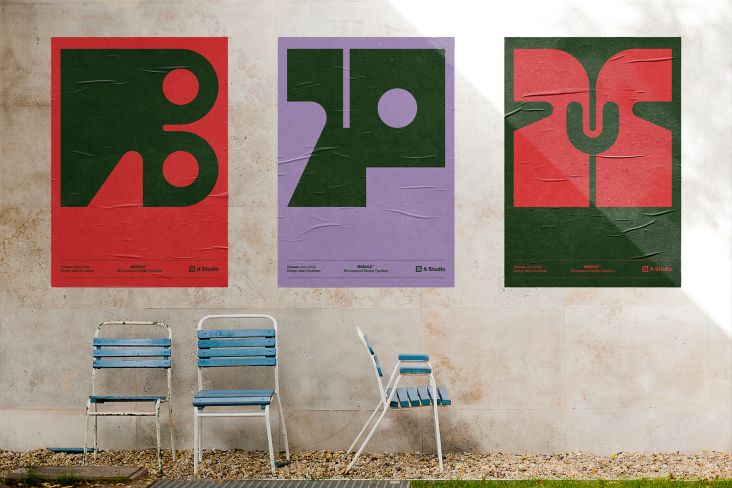
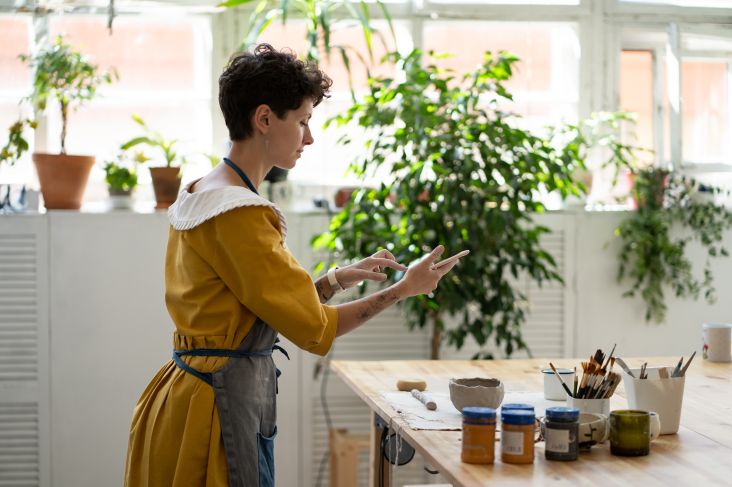
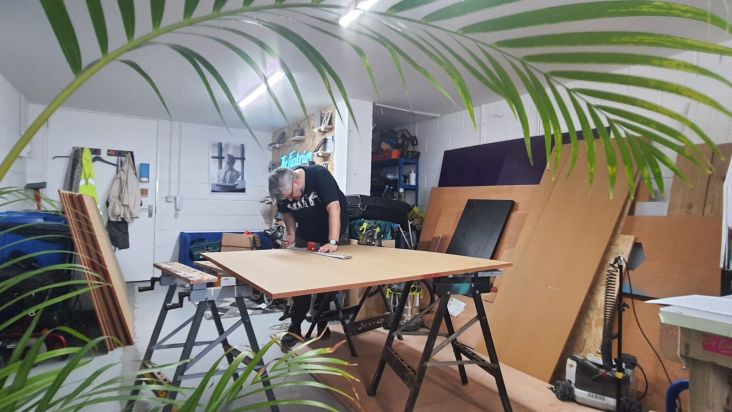

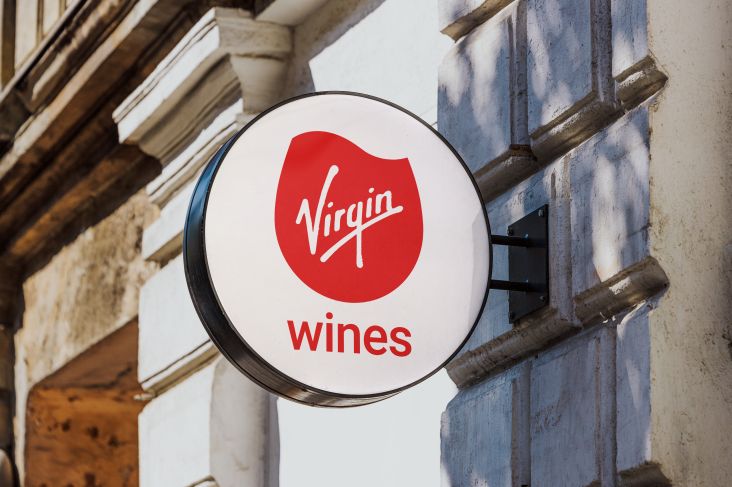
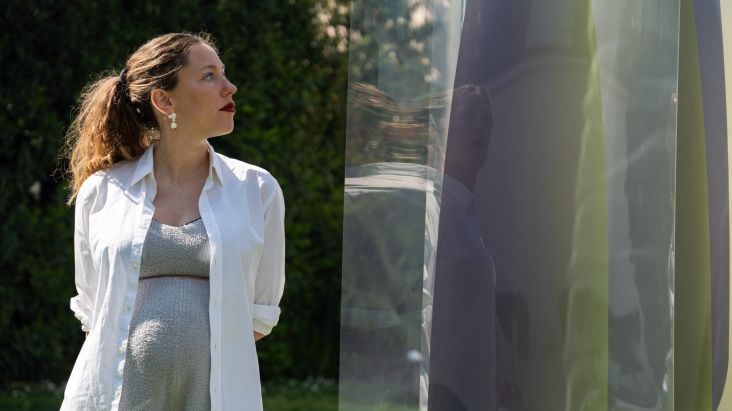
](https://www.creativeboom.com/upload/articles/86/862919952c0ad18439004228895a431dc6e45ffc_732.jpg)


